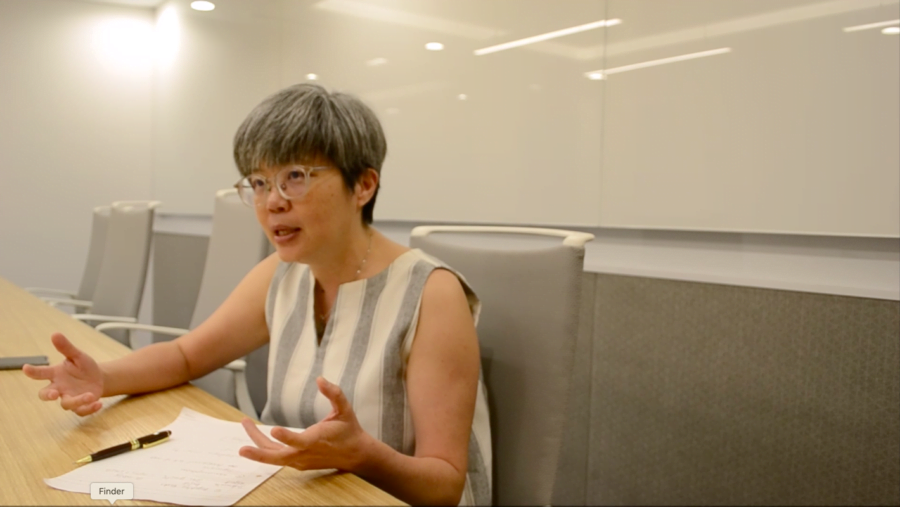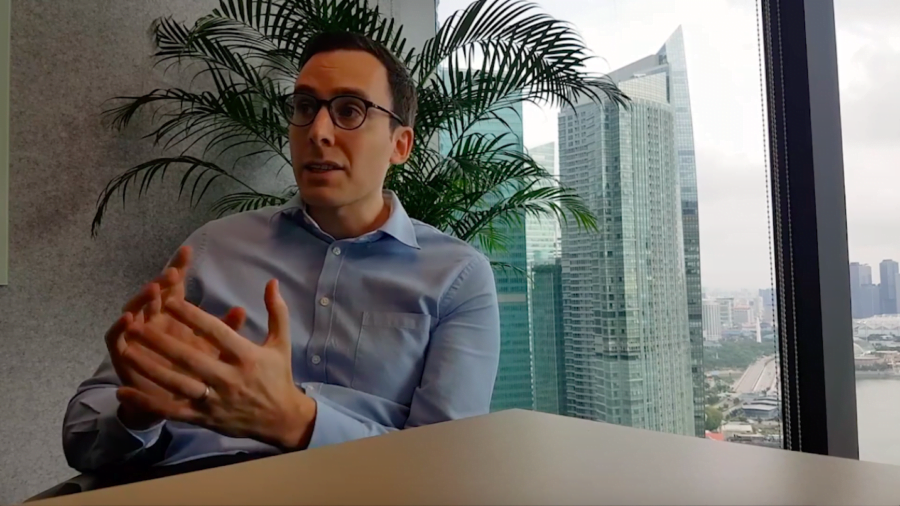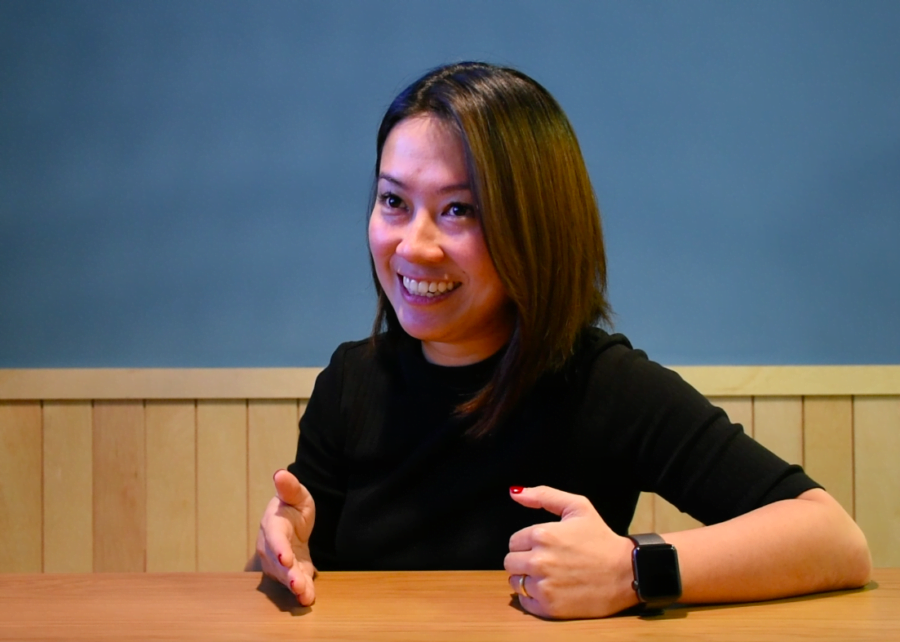Written by Chelsea Chan | Edited by Amelia Chew & Irene Ng
LawTech.Asia had the privilege of being a media partner for TechLaw.Fest 2018. The inaugural TechLaw.Fest held from 4 to 6 April 2018 saw the convergence of legal professionals, technologists, entrepreneurs and policy makers, conversant and passionate about Technology Law and Legal Technology, coming together to discuss the future of Singapore’s technology scene. This article summarises one of the panel discussions held on 5 April 2018 titled “The Power and Pitfalls of Smart Contracts”.
The discussion was chaired by Joyce A. Tan (Joyce A. Tan & Partners); and the panel comprised of Ashton Addison (CEO and Founder, Eventchain.io), Sopnendu Mohanty (Chief Fintech Officer, Monetary Authority of Singapore), Hirofumi Aihara (General Manager of Digital Innovation, Mitsubishi UFJ Financial Group), Tomasz Kurcyzk (Digital Transformation Director, AXA Singapore) and Stella Cramer (APAC Head of Technology & Innovation, Norton Rose Fulbright).
After the introduction by Joyce Tan, Ashton Addison elaborated on the basics of a smart contract and potential technological pitfalls. A Smart Contract is an agreement converted into a small piece of software, which stores the rules and terms of the agreement and when met automatically executes exactly how it was coded. The appeal of a Smart Contract lies in its automation and that it is fully transparent, so the code reflecting contractual terms can be seen by anyone regardless of privity to contract. However, bugs in the code may lead to loss of funds. Further, large transactions are currently not possible since Ethereum can only handle 13 transactions per second, potentially creating a significant backlog if applied to current business transactions.




